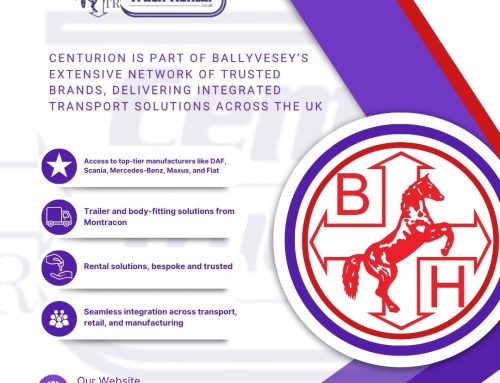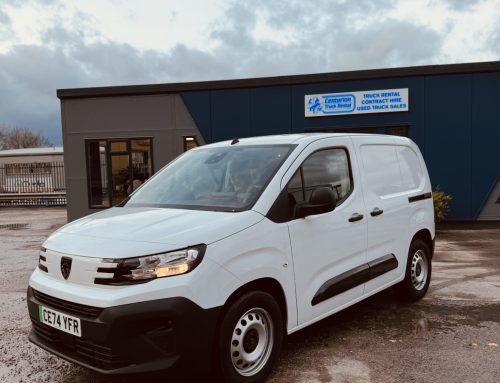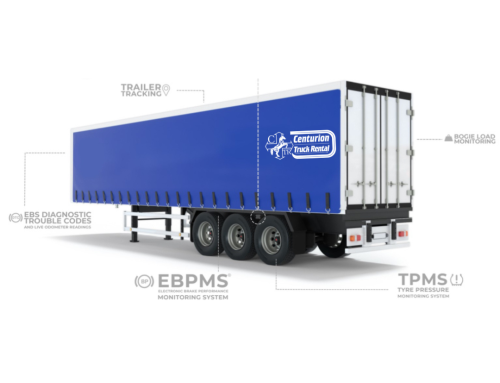In recent years, the commercial vehicle landscape has been undergoing a significant transformation, with the emergence of electric vans (EVs) taking center stage. This comprehensive guide aims to shed light on the burgeoning electric van market in the UK, offering valuable insights into the benefits, challenges, and future prospects of electric vans for businesses and consumers alike.
The Electric Van Revolution
The UK van market is on the cusp of a revolution, as battery electric vehicles (BEVs) are set to play a pivotal role in the coming years. Leading manufacturers are making strides in introducing electric vans, exemplified by Ford’s latest offering, the E-Transit, boasting a robust 269hp motor and an impressive 196-mile driving range. The widely favored Ford Transit Custom is not far behind, with an all-electric model expected to hit the market by the end of 2023, followed by the smaller Ford E-Transit Courier in 2024.
Government Investment for a Greener Future
A substantial push towards zero-emission transportation is on the horizon, thanks to a £200 million government investment. This funding is earmarked to facilitate the rollout of up to 370 zero-emission Heavy Goods Vehicles (HGVs) in collaboration with Innovate UK, which will oversee the establishment of approximately 57 refueling and electric charging stations.
This financial commitment, as announced by Roads Minister Richard Holden during his visit to Voltempo in Birmingham, marks a significant milestone. It is anticipated that projects like Voltempo’s eFREIGHT 2030 will not only contribute to reducing emissions but also create up to 200 new jobs by 2030.
Paving the Way for Green Innovation
Retail giants such as Sainsbury’s and Marks & Spencer are also set to benefit from this funding, enabling them to lower their transport emissions while safeguarding against fluctuating petrol and diesel prices. This endeavor has the potential to positively impact the cost of living.
In addition to the initial £200 million investment, an additional £2.4 million has been unlocked through the second round of the Freight Innovation Fund (FIF). This includes the FIF Accelerator, which aims to assist up to 10 Small and Medium Enterprises (SMEs) in developing innovative solutions for greener and more efficient freight operations.
Spearheading the Charge
The introduction of electric HGVs is further bolstered by a working group led by RECHARGE UK, the electric vehicle arm of the REA (Association for Renewable Energy and Clean Technology). This group, chaired by Neil Durno, is dedicated to accelerating the electrification of HGVs and commercial fleets, demonstrating a concerted effort towards a more sustainable future for freight operations.
Business Image Benefits
Businesses across various sectors can derive substantial advantages from embracing electric vehicles (EVs). Delivery and logistics companies, for instance, are drawn to the environmentally-friendly nature of EVs, which aligns with the growing demand for sustainable practices. This transition serves as a powerful marketing tool, enhancing a company’s reputation for environmental responsibility. Service-oriented businesses like taxis and ride-sharing services benefit from reduced emissions and lower operational costs associated with EVs. Moreover, local businesses such as small retailers or food delivery services find value in the manageable commuting distances achievable with most EV models. For businesses situated in urban areas or regions with stringent emission standards, compliance becomes seamless with the use of electric vehicles, avoiding potential fines associated with traditional fuel-powered vehicles. This shift not only aligns with environmental responsibility but also enhances the company’s image, catering to the preferences of conscious customers who value eco-friendly services. As for ‘range anxiety’, experienced EV drivers commonly find it to be an unfounded concern, emphasising the practicality of electric vehicles in everyday use.
A Two-Decade Transition
As the transition to the future of freight unfolds, it is evident that this is a long-term, 20-year program. The recent announcements and investments made by the UK Government affirm their commitment to collaborating with the sector in tackling the challenges of early-stage development towards achieving net-zero and emission reduction goals.
So what do you think? Electric vans are poised to shape the future of commercial transportation in the UK. With robust government funding, technological advancements, and industry collaboration, the transition to zero-emission vehicles is on an upward trajectory, promising a greener and more sustainable future for the nation’s freight industry.





